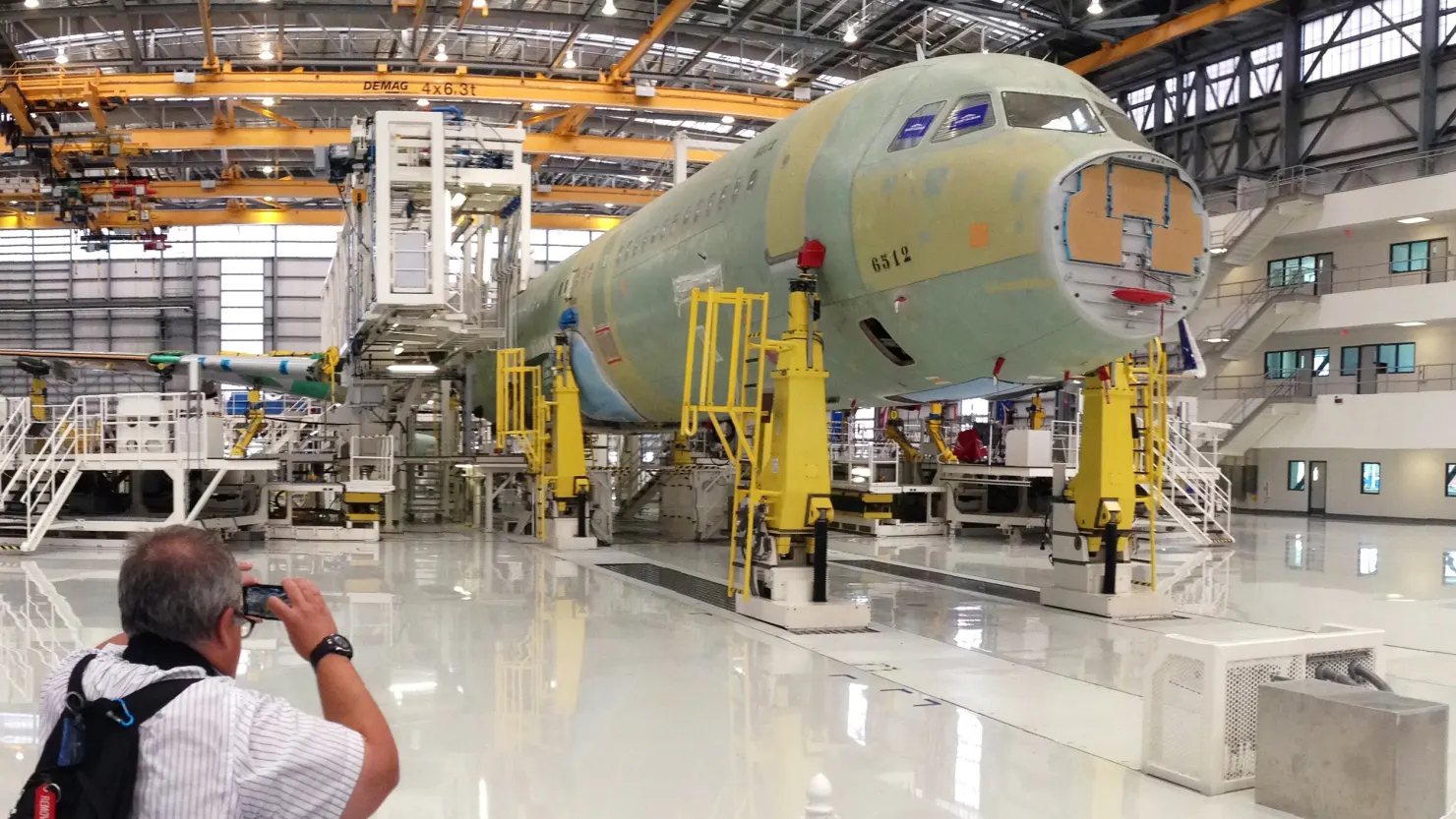Airlines that once eagerly sought new jets are now shifting their strategies. Facing financial pressures and operational challenges, especially due to engine issues, several low-cost and ultra-low-cost carriers are deferring billions of dollars in new aircraft purchases. These moves aim to conserve cash as these airlines work toward steady profitability amid a challenging market environment.
Over the past year, the U.S. market has been saturated with flights, which has driven down fares, particularly in the domestic sector where budget airlines are most active. This influx of capacity has weighed on revenue while operational costs have risen. Airlines like Spirit Airlines, JetBlue Airways, and Frontier Airlines last saw annual profits in 2019, while larger carriers have since returned to profitability.
As a result, these carriers are now scaling back growth plans and delaying the delivery of new aircraft. The bulk of an aircraft’s cost is paid upon delivery, so deferring these purchases is a strategic move to manage expenses. For example, Frontier Airlines recently announced it would defer the delivery of 54 Airbus aircraft until at least 2029. According to Frontier’s CEO, Barry Biffle, delays in previous aircraft deliveries have compounded the issue, leading the airline to smooth out its order book.
JetBlue Airways is also pushing back the delivery of 44 Airbus A321 aircraft, a move expected to save the airline approximately $3 billion by 2029. Although JetBlue posted a surprise profit in the second quarter, the airline is aggressively seeking ways to cut costs, including exiting unprofitable routes and extending some aircraft leases. However, JetBlue’s CEO, Joanna Geraghty, acknowledged the challenges of deferring aircraft while dealing with grounded planes due to the Pratt & Whitney engine recall, describing it as a “double-edged sword.”
Spirit Airlines, still grappling with the fallout from a blocked merger with JetBlue, has also deferred aircraft orders as it struggles to reverse significant losses. The airline reported an 11% drop in revenue and a $192 million loss in the latest quarter and announced it would furlough around 240 pilots in response to ongoing challenges, including the engine recall.
Despite these deferrals, the broader airline industry remains in a scarcity mindset, with new, fuel-efficient planes still in high demand. Leasing rates for popular models like the Airbus A320 and Boeing 737 Max have reached record levels, reflecting this ongoing demand. Boeing and Airbus, however, are struggling to ramp up production due to lingering post-Covid challenges, including labor shortages and supply chain disruptions.
While low-cost carriers scale back their fleet expansion plans, Airbus and Boeing continue to report strong demand for their aircraft, with thousands of orders still on the books. The deferral of new aircraft deliveries may allow these airlines to better manage their finances in the short term, but the broader impact on their long-term growth strategies remains to be seen.
READ MORE:
